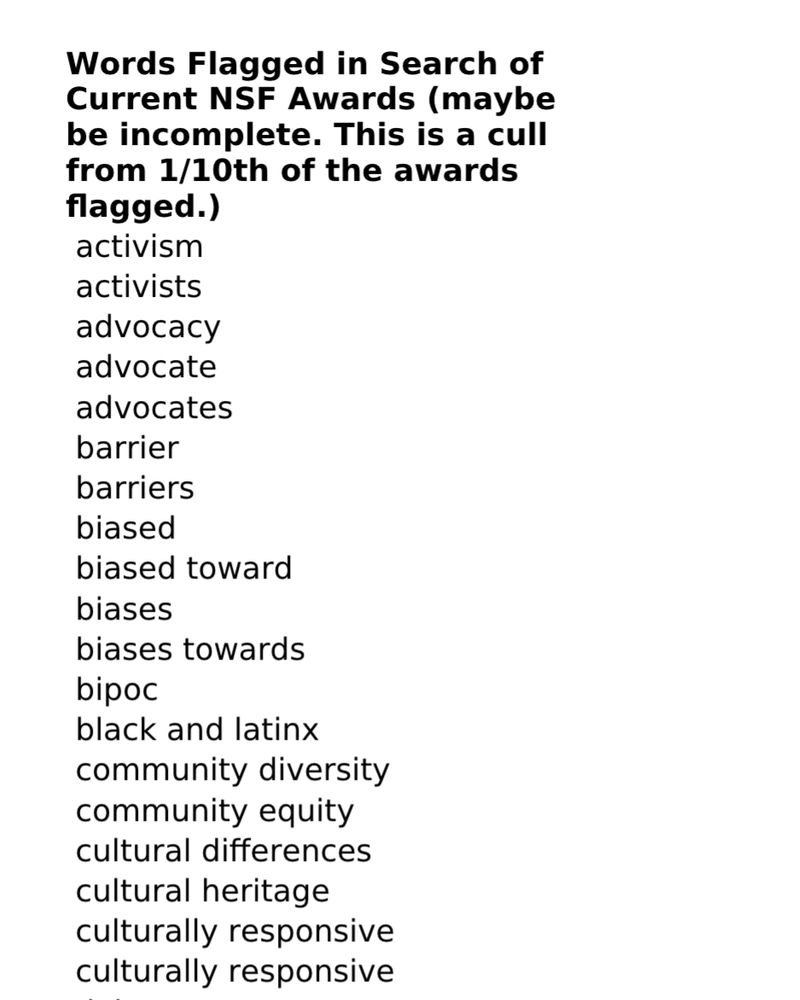@xyxxy.bsky.social
10 followers
14 following
19 posts
Refugee from musky ol' Twitter.
Posts
Media
Videos
Starter Packs
xyxxy.bsky.social
@xyxxy.bsky.social
· Jun 6
xyxxy.bsky.social
@xyxxy.bsky.social
· Jun 6
xyxxy.bsky.social
@xyxxy.bsky.social
· Jun 6
xyxxy.bsky.social
@xyxxy.bsky.social
· Jun 6
xyxxy.bsky.social
@xyxxy.bsky.social
· Jun 6
xyxxy.bsky.social
@xyxxy.bsky.social
· Jun 6
Reposted
xyxxy.bsky.social
@xyxxy.bsky.social
· Dec 10
OpenMx 2.21.13 released! | OpenMx
We are pleased to announce the official release of OpenMx version 2.21.13. The last version of OpenMx for which we published an official release announcement was version 2.20.6, in February of 2022. Since then, we have quietly released versions 2.20.7, 2.21.1, 2.21.8, 2.21.10, 2.21.11, and 2.21.12, usually at the request of CRAN.
openmx.ssri.psu.edu
xyxxy.bsky.social
@xyxxy.bsky.social
· Dec 10
xyxxy.bsky.social
@xyxxy.bsky.social
· Dec 10
xyxxy.bsky.social
@xyxxy.bsky.social
· Dec 10
xyxxy.bsky.social
@xyxxy.bsky.social
· Dec 10
OpenMx 2.21.13 released! | OpenMx
We are pleased to announce the official release of OpenMx version 2.21.13. The last version of OpenMx for which we published an official release announcement was version 2.20.6, in February of 2022. Since then, we have quietly released versions 2.20.7, 2.21.1, 2.21.8, 2.21.10, 2.21.11, and 2.21.12, usually at the request of CRAN.
openmx.ssri.psu.edu
xyxxy.bsky.social
@xyxxy.bsky.social
· Jan 1
xyxxy.bsky.social
@xyxxy.bsky.social
· Nov 6
xyxxy.bsky.social
@xyxxy.bsky.social
· Oct 16
xyxxy.bsky.social
@xyxxy.bsky.social
· Oct 11



